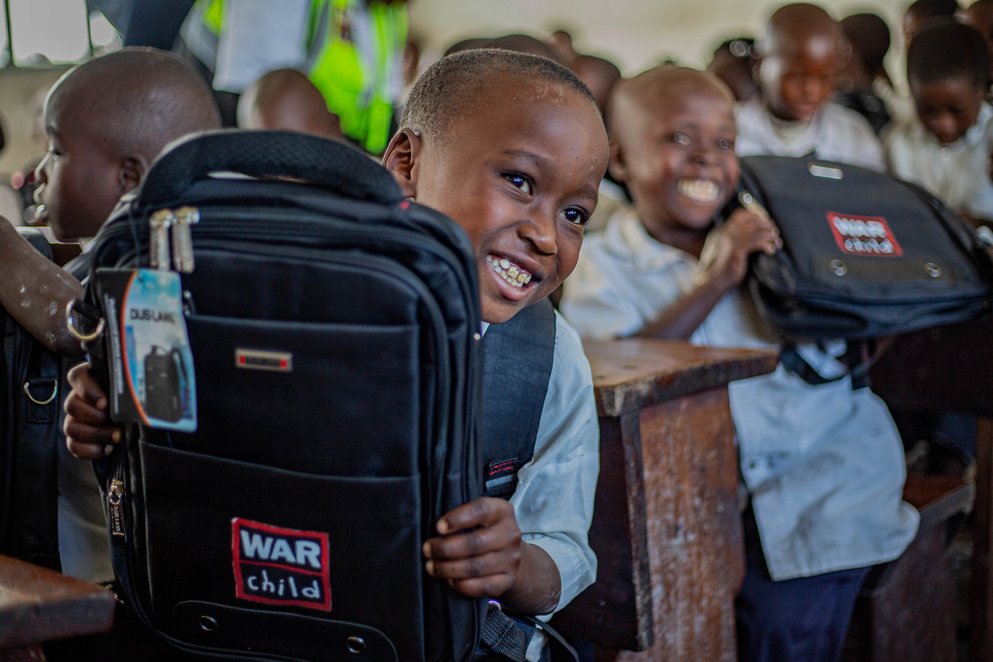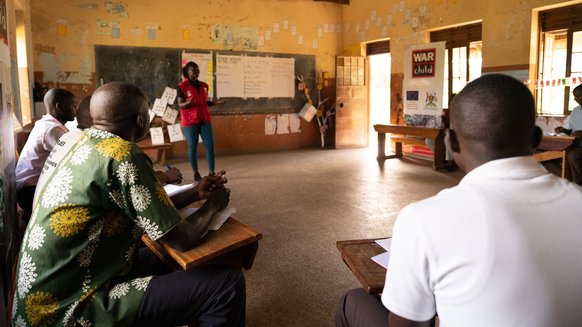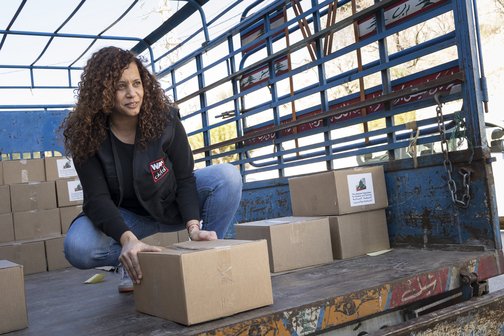World Teachers Day: Call to Action by the Eastern and Southern Africa Regional Education in Emergencies Working Group
Oct. 5, 2025

Teachers are the cornerstone of every education system. In refugee and crisis-affected contexts, their role is even more significant. They provide continuity, hope, and socio-emotional support in the most difficult circumstances. Often, they are the only educational resource available to learners. Yet little is known about the teachers serving in crisis contexts, and their contributions frequently go unrecognised.
Teachers are not only transmitters of knowledge. They are facilitators, mentors, and role models who shape academic success, nurture resilience, and foster the personal and social development of learners. In emergencies, they stand as agents of healing, stability, and peace. Yet amid severe funding cuts in 2025, teachers across crisis-affected contexts are being asked to do more with less: salaries remain unpaid or delayed, workloads have increased, and learning spaces are closing - fueling dropout and reversing hard-won gains.
We recognise the efforts of governments and partners across Eastern and Southern Africa to strengthen and professionalise the teacher workforce. However, revisions to 2025 humanitarian education plans reduced education funding requirements by 33% and population targets by 43%, excluding more than 33 million learners from planned responses. By June 2025, tracked funding for Education in Emergencies stood at USD $327 million - less than one-third of the amount received by the same point in 2024. Teacher safety also remains a serious concern. Across the region - including Kenya, Sudan, South Sudan, and Mozambique—documented incidents against teachers include threats, targeted attacks, and forced displacement linked to conflict and insecurity.
Aligning with the World Teachers’ Summit’s Santiago Consensus (29 Aug 2025) on national teacher policies, decent working conditions, and sustainable financing, we collectively call upon governments and humanitarian and development partners to promote teacher policies and practices that should:
- Invest in robust teacher training and continuous professional development tailored to crisis settings.
- Safeguard teachers’ rights and ensure their safety in crisis contexts.
- Provide adequate and context-appropriate teaching and learning resources in conducive and inclusive learning environments to enable effective education in emergencies.
- Prioritise teacher well-being by ensuring a sufficient policy environment that supports wellbeing and access to mental health and psychosocial support.
- Prioritise fair and timely remuneration of teachers and that promotes job security.
- Amplify teachers’ voices by meaningfully involving them in the formulation and review of education policies.
Together, we affirm that recognising, protecting, and investing in teachers is essential to transforming lives and building a more just, peaceful, and resilient future.
This statement is endorsed by:
- Education Cannot Wait
- Finn Church Aid
- HI (Humanity and Inclusion)
- Inter-agency Network for Education in Emergencies
- Jesuit Refugee Service (JRS)
- Norwegian Refugee Council
- Oxfam
- Plan International
- Save the Children
- Street Child
- SOS Children Village
- The Lutheran World Federation
- UNESCO
- War Child
- Windle Trust International

